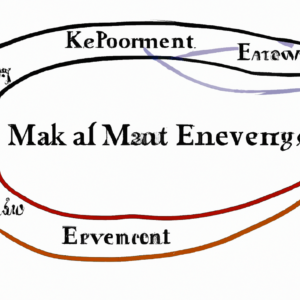
Comparing Different Types of Investment Accounts: IRA, 401(k), and Brokerage Accounts
Comparison of Investment Account Types
Individual Retirement Account (IRA)
An Individual Retirement Account (IRA) is a tax-advantaged account that individuals can use to save for retirement. There are two main types of IRAs: Traditional and Roth.
Traditional IRA
– Contributions are tax-deductible
– Earnings grow tax-deferred
– Withdrawals are taxed as ordinary income
– Required minimum distributions (RMDs) must start at age 72
Roth IRA
– Contributions are not tax-deductible
– Earnings grow tax-free
– Qualified withdrawals are tax-free
– No RMDs during the account owner’s lifetime
401(k) Account
A 401(k) account is a retirement savings plan offered by employers. Employees can contribute a portion of their salary to the account, and employers may match a percentage of those contributions.
Traditional 401(k)
– Contributions are tax-deferred
– Earnings grow tax-deferred
– Withdrawals are taxed as ordinary income
– RMDs must start at age 72
Roth 401(k)
– Contributions are made with after-tax dollars
– Earnings grow tax-free
– Qualified withdrawals are tax-free
– RMDs are required
Brokerage Account
A brokerage account is a taxable investment account that individuals can use to buy and sell stocks, bonds, mutual funds, and other securities.
Pros of Brokerage Account
– No contribution limits
– No restrictions on withdrawals
– Can be used for short-term or long-term investing
Cons of Brokerage Account
– Earnings are subject to capital gains tax
– No tax benefits for retirement savings
– No protection from market losses
Conclusion
Each type of investment account has its own advantages and disadvantages, and the best choice depends on an individual’s financial goals and circumstances. It’s important to consider factors such as tax implications, investment options, and withdrawal restrictions when deciding which account type is right for you. Consulting with a financial advisor can help you make an informed decision based on your specific needs.

